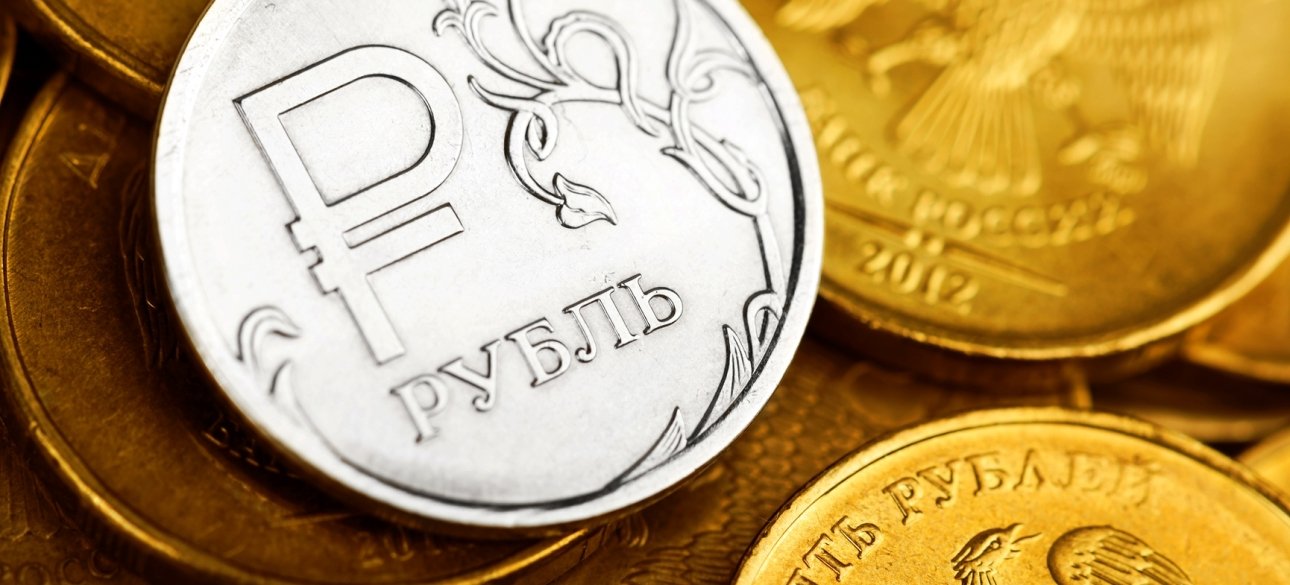
 By Natali Moss
By Natali Moss
Biden eventually signed a draft law on the path of confiscation of funds of both the Russian state and Russians, which fall under the sanctions of the United States, as well as those who are under the sanctions of other US partners. The funds should be sent to a special fund for payments of compensation to Ukraine. The adoption of these norms was one of the conditions of "batch vote" by Republicans and Democrats for Ukraine.
A number of states that are included in G7 have expressed interest in a similar scheme, so it will not be a big exaggeration to say that it is the "American model" that can be basic to resolve a similar issue. And here, first of all, everyone is concerned about the position of European countries, where, in fact, most Russian money is. And here everything is not so easy again.
Recently, the publication was published in the Wall Street Journal about the next "doubt" about the confiscation of Russian money by O. Scholtz. German Chancellor allegedly considers the use of Russian state assets to help Ukraine. According to the newspaper, Germany fears that the confiscation of frozen in the West of almost $ 300 billion of Russian assets can open a new stream of claims against Berlin through World War II, and against European capitals - for colonialism and slavery.
Germany also proposes to use these assets as a lever of influencing Russia in the event of peace talks to give it to occupied territories. Although the Wall Street Journal is not a "yellow" press, but all this should be treated with significant skepticism. At the same time, the fact is that the mechanism of withdrawal and transfer of Russian assets to Ukraine in the EU is not yet a problem. It is possible to discuss the fairness of Germany or any other state for a long time.
Actually, the argument that arrested money can be used as a means of "pressure on Russia" is generally a solid laughter. See how many Russians have already spent on war, and you will understand that they will not be convinced in this way. I think that such funny arguments are hiding something else. For example, fears for the property of the German business, which never left the Russian market, and which property will certainly be taken away by the Russians. But there is another question.
Ukraine is still in need of help, and quite significant. Example is the issue of PPOs and Patriot systems, which are now being actively spoken by representatives of the Ukrainian authorities, including the President. We need at least 7 additional "petriots". In EU countries, they can be "collected", but they are not particularly in a hurry to give something. Only the same Germany has already announced one. It may be easier to buy them from those who are ready to sell.
Using Russian money? Obviously, from a political point of view, it would be much easier to "sell" to the European voter, because the idea that the aggressor would be paid for aggression, it is quite clear. But then it is necessary to abandon the idea of "trading" with the Russians once and for all. They just won't. There will be no return to the bright past with all its benefits and "possibilities".
At the same time, the abandonment of this "bright Russian past" can significantly weaken the burden on the European budget to help Ukraine. The price is quite fair for all "fears" and "fright", which are now experiencing individual European governments.
To simplify all these challenges, European government officials should ask themselves a simple question: can a script in which there will be a right in the world, but Ukraine will not receive compensation from the Russians? Obviously, there can be no such scenario. If some right in the world exists, then any lawsuit will be awarded to Ukraine compensation. Much larger than any Russian assets in the West. If, however, the legal system of the world is finally destroyed . . .










All rights reserved IN-Ukraine.info - 2022